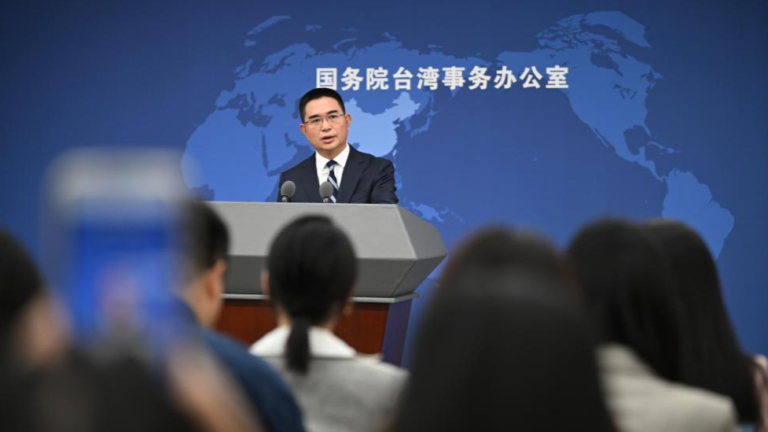
ong-term foreign equity investors are beginning to reassess their bearish stance on China as signs of economic stabilization emerge and valuations in certain sectors appear increasingly attractive. After years of caution driven by geopolitical tensions, regulatory crackdowns, and pandemic-related disruptions, some fund managers are exploring opportunities in the world’s second-largest economy, focusing on industries aligned with China’s growth priorities, such as green energy, advanced manufacturing, and consumer technology.
This shift comes amidst a broader recalibration of global portfolios, as investors weigh the potential for higher returns in emerging markets against the risks posed by an uncertain global economic environment. Analysts note that while challenges remain, including concerns over transparency and policy unpredictability, the current valuation levels of Chinese equities could offer compelling entry points for patient, long-term investors.
Key to this reassessment is the Chinese government’s recent measures to bolster business confidence and stimulate domestic demand, which some market participants interpret as a signal of a more accommodative policy stance. Whether this nascent optimism translates into sustained inflows remains to be seen, but it’s clear that some foreign investors are reconsidering their exposure to China, recognizing its pivotal role in the global economy.
Long-term foreign stock investors are reconsidering, with a dose of caution, whether to give the Chinese market a second glance ever since the AI chatbot DeepSeek emerged as a surprise challenger to U.S. leaders, according to lawyers and financial experts.
A number of financial institutions and law firms have downsized or exited from Hong Kong and mainland China over the past few years in the face of increasing geopolitical tensions with the U.S. and Chinese authorities tightening their grip over the territory and businesses. China’s economic woes, ranging from a crisis in the property market to sluggish domestic consumption, have made the country even less attractive as an investment destination.





